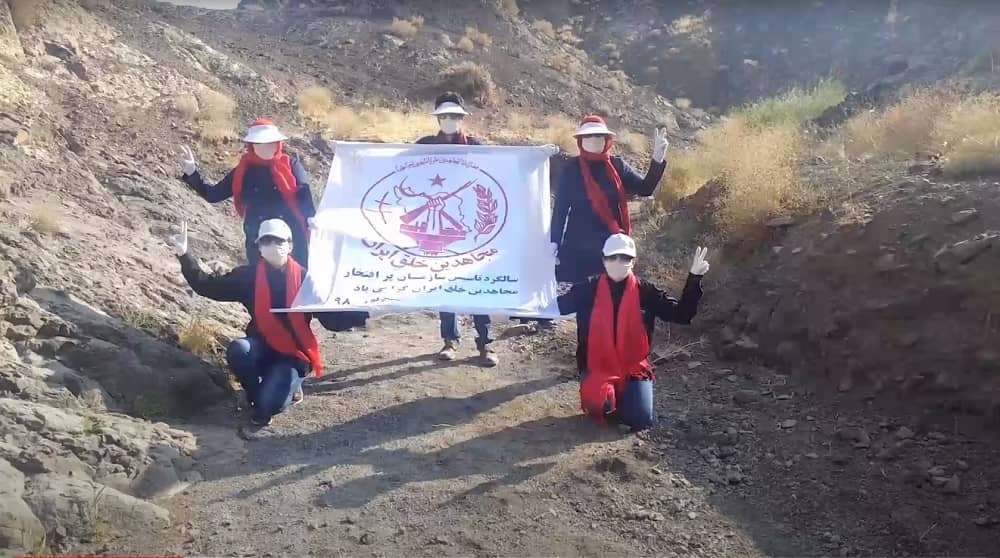
Now more than ever, Iran’s regime is seen as a major threat to both regional stability and global peace. The nation’s aggressive tactics, from waging proxy wars across the Middle East to threatening global trade in the Red Sea, coupled with its rapid advancement towards nuclear capabilities, present the West with a daunting dilemma.
This situation pits the possibility of full-scale conflict against the challenges of disengagement from the region, making the path forward unclear and fraught with danger.
The aftermath of the Iraq invasion, which led to prolonged insurgency and civil strife, has left a lasting impression on the international community, highlighting the severe consequences of military intervention. This has nurtured a cautious approach towards dealing with Iran, the leading state sponsor of terrorism. However, eradicating such belligerence does not necessarily call for foreign boots on the ground.
Iran’s history is marked by a struggle for freedom and democracy, enduring for over a century. It has cultivated the most resilient and organized Resistance movement, commanding international support for regime change, alongside a robust network of domestic Resistance Units. Since 2017, these units have valiantly stood up to the regime’s formidable security forces, facing arrests, assassinations, and executions, yet they have persisted, outmaneuvering the regime’s crackdown efforts.
10,000 MEK-affiliated Resistance Units in #Iran send messages to Free Iran World Summit 2023: Onward to a Democratic Republic, voicing support for @Maryam_Rajavi's Ten-point Plan for a free, democratic, secular republic in #Iran. pic.twitter.com/fLGe4wrHB5
— Ali Safavi (@amsafavi) July 6, 2023
Despite the failure of all attempts at persuasion with Tehran, the prospect of regime change from within has been continuously undermined and opposed. A shift in policy is thus imperative to support change. This involves two critical steps: designating the Islamic Revolutionary Guard Corps (IRGC) as a terrorist organization and openly supporting the Iranian Resistance movement.
Despite the EU Parliament’s strong vote last year, the European Union has yet to label the IRGC as a terrorist organization. Similarly, the UK, despite Prime Minister Rishi Sunak’s previous commitments, has refrained from officially proscribing the IRGC, despite significant pressure from both the House of Commons and the House of Lords.
The reluctance to make such a designation, stemming from fears of further destabilizing the Middle East, ignores the ongoing turmoil that already engulfs the region. With Iran facing multiple existential crises domestically, the regime is unlikely to retreat, fearing that such a move could accelerate its downfall.
This geopolitical quandary demands a decisive response from the West, aimed at exploiting the regime’s vulnerabilities. By classifying the IRGC for what it is – a terrorist organization – and supporting the Iranian people’s right to self-determination, the international community can adopt a realistic and effective stance.
The global confrontation with Iran is not a distant possibility but a current reality, manifested through proxy conflicts. The solution does not lie in direct military engagement but in supporting the internal forces striving for freedom from oppression. This approach is not only prudent but the sole viable path to dismantling the regime’s grip on power and ensuring a peaceful future for the region.

MEK Iran (follow us on Twitter and Facebook), Maryam Rajavi’s on her site, Twitter & Facebook, NCRI (Twitter & Facebook), and People’s Mojahedin Organization of Iran – MEK IRAN – YouTu
